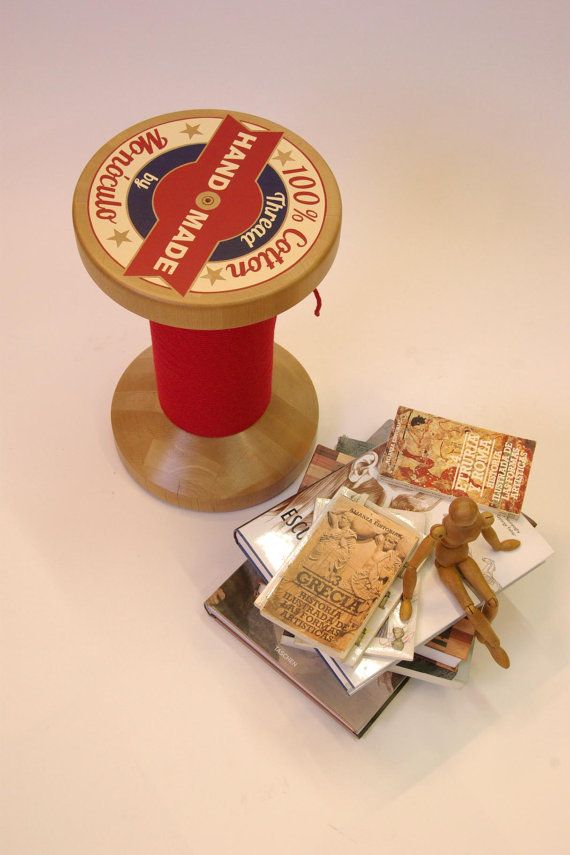5 Essential Tax Docs for Business Donations

The tax season often brings a lot of stress for business owners, especially when it comes to dealing with the paperwork needed for charitable contributions. Proper documentation is key to maximizing tax deductions while staying compliant with the IRS regulations. Here are five essential documents you should keep in your records when making business donations:
1. Receipts or Acknowledgment Letters


Every time your business makes a donation, ensure you receive a receipt or an acknowledgment letter from the receiving organization. This document must include:
- The charity’s name and address
- Date of the contribution
- Description of what was donated - including cash, property, or services
- The amount of cash donated or a description and a good faith estimate of the value of any non-cash contribution
- A statement that no goods or services were provided by the organization in return for the contribution, if applicable
2. Appraisal for Non-Cash Donations


When you donate property or goods valued over $5,000, you are required to obtain a qualified appraisal for the fair market value of the donation. This appraisal must include:
- Details about the appraiser and their qualifications
- Description of the donated property
- The date of the contribution
- The valuation date and the value
- The appraiser’s signature
3. Written Acknowledgement for All Donations

For donations of $250 or more, you must obtain a written acknowledgment from the charity. This document should state:
- The amount of cash you donated, or a description (but not the value) of non-cash property donated
- Whether the organization provided any goods or services in exchange for the donation
- If so, a description and good faith estimate of the value of those goods or services
- A statement that no goods or services were provided by the organization in return for the contribution, if applicable
4. IRS Form 8283 - Noncash Charitable Contributions


If you make a donation valued at over $500, you need to fill out and attach IRS Form 8283 to your tax return. This form requires:
- The organization’s information where the donation was made
- Description of the donated property
- How you acquired the property
- The date you acquired the property
- The cost or other basis of the property
5. Corporate Board Minutes or Meeting Notes

To further support the legitimacy of your business donations, keep records of:
- Meeting notes or minutes where the donation decision was discussed and approved
- Purpose of the donation (employee recognition, community goodwill, etc.)
📝 Note: Ensure all documents are retained for at least seven years, as this is the IRS's statute of limitations for audits.
💡 Note: Always check with your tax advisor or CPA for specific guidance based on your unique business situation.
In summary, handling business donations correctly by maintaining thorough documentation not only ensures you are IRS compliant but also maximizes your tax benefits. By keeping receipts, appraisals, acknowledgments, IRS forms, and corporate records, you safeguard your business against potential audit issues and help your company give back to the community effectively.
What qualifies as a charitable organization?

+
A charitable organization is generally one that is recognized by the IRS as a 501©(3) entity, meaning it is exempt from federal income tax and your donations to it may be tax-deductible.
What should I do if I cannot obtain a receipt for my donation?

+
While it is crucial to get a receipt, if it is impossible, you should document the donation with your own records, including the date, amount, and purpose. However, this might not be sufficient for donations over $250 as per IRS rules.
How long should I keep these documents?

+
It’s recommended to keep these records for at least seven years. This covers the period of IRS’s statute of limitations for audits.



